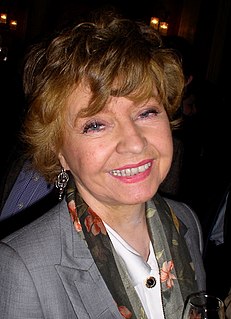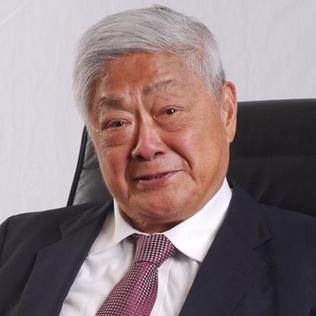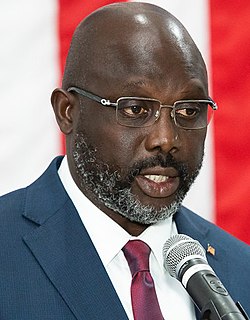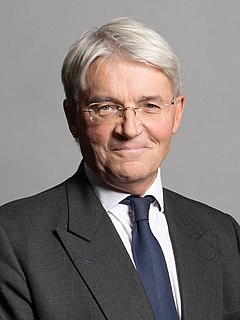A Quote by Prunella Scales
My very first school was a primary school in Surrey. I remember being taught to read by the traditional ABC, instead of look-say - that is, whole words at a time - which was fashionable when my children were at school.
Related Quotes
My parents, grandmother and brother were teachers. My mother taught Latin and French and was the school librarian. My father taught geography and a popular class called Family Living, the precursor to Sociology, which he eventually taught. My grandmother was a beloved one-room school teacher at Knob School, near Sonora in Larue County, Ky.
At first, I didn't hang out with celebrity kids. That wasn't the way I was brought up. I went to a run-of-the-mill Catholic primary school when we first moved to L.A. But then I went to a high school where there were lots of 'industry' children. Those weren't my best friends and I've never set out to make myself a part of that scene.
All the children in the world, when they go to school, have the right to study in their mother tongue. But we go to school and run into literary Arabic as children. It sounds like a foreign language. The words for "house" or "table" or "lamp" are not the same as the words we use at home, and most of the other words are alien to children at school. Classical Arabic is one of the prisons of the Arab world.
When I was in college at Carnegie Mellon, I wanted to be a chemist. So I became one. I worked in a laboratory and went to graduate school at the University of Pittsburgh. Then I taught science at a private girls' school. I had three children and waited until all three were in school before I started writing.
I was taught by my father. He was head of the primary school so I went to his school until I was 11 - I was the youngest of four daughters and we had all been taught by him. But I didn't really enjoy my secondary education that much, probably because I am a very physical person and don't enjoy sitting at a desk all day.




































